Quartz countertops are a popular choice in modern kitchens and bathrooms due to their durability, non-porous nature, and attractive appearance. However, like any surface, they can develop stains over time, particularly from hard water. Hard water stains are caused by the buildup of mineral deposits, primarily calcium and magnesium, which can leave unsightly spots and a cloudy residue on quartz surfaces. Removing these stains effectively requires understanding the nature of quartz and using appropriate cleaning methods to avoid damaging the countertop.
To begin with, it is essential to recognize that quartz countertops, although engineered and highly resistant to staining, still need proper care. Quartz is composed of natural quartz crystals combined with resin and pigments, creating a robust, non-porous surface that resists water and stains better than natural stone. However, the resin component can react negatively to harsh chemicals and abrasive materials, making it crucial to choose the right cleaning techniques for hard water stains.
The first step in removing hard water stains from quartz countertops is to use a gentle, pH-balanced cleaner. Regular household cleaners, particularly those that are acidic or alkaline, can damage the surface. A mixture of mild dish soap and warm water is often sufficient for daily cleaning and can help prevent the buildup of mineral deposits. Use a soft cloth or sponge to wipe down the countertop, ensuring that you do not scratch the surface.
For more persistent hard water stains, a vinegar and water solution can be effective. Vinegar is a natural, mild acid that helps dissolve mineral deposits without damaging the quartz surface. Mix equal parts of white vinegar and water in a spray bottle, and lightly spray the affected area. Let the solution sit for a few minutes to break down the mineral buildup. Afterward, wipe the area with a soft cloth or sponge and rinse thoroughly with water to remove any vinegar residue. It is important to rinse well because prolonged exposure to vinegar can dull the finish of the quartz.

Another effective method involves using a paste made from baking soda and water. Baking soda is a mild abrasive that can help lift hard water stains without scratching the quartz. Create a thick paste and apply it to the stained area, gently rubbing with a soft cloth in circular motions. Allow the paste to sit for a few minutes before rinsing with water and drying the countertop with a clean, soft cloth.
If these home remedies do not fully remove the hard water stains, commercial products designed specifically for quartz countertops can be used. These cleaners are formulated to be safe on quartz and are often more effective at breaking down mineral deposits. Follow the manufacturer’s instructions carefully, and always test the product in an inconspicuous area first to ensure it does not harm the surface.
For extremely stubborn hard water stains, you may need to use a plastic scraper to gently lift the deposits. Be very cautious with this method to avoid scratching the quartz. Hold the scraper at a slight angle and carefully work under the mineral buildup, then clean the area with a soft cloth and a quartz-safe cleaner.
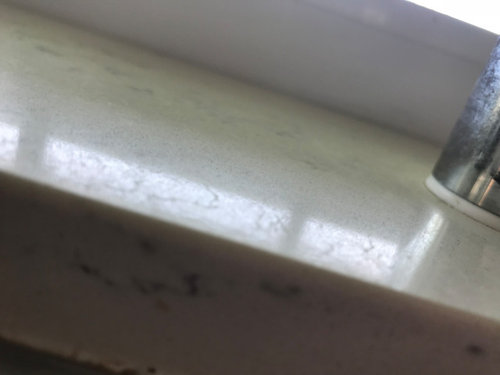
Regular maintenance is key to preventing hard water stains from becoming a problem. Wipe down the countertops daily with a damp cloth to remove any water spots or residue before they have a chance to harden into mineral deposits. Using a squeegee or a microfiber cloth to dry the countertops after cleaning can also help prevent water stains.
In areas with particularly hard water, consider using a water softener or a filtration system to reduce the mineral content of your water. This can significantly cut down on the formation of hard water stains on your quartz countertops and other surfaces in your home.
Preventive measures also include the use of trivets or mats under kitchen appliances that use water, such as coffee makers and kettles, to catch any drips that could lead to mineral buildup. Similarly, in the bathroom, using trays or mats under toiletries can help keep the quartz surface free from water spots.
If your quartz countertops are located in a high-use area like a kitchen or bathroom, be mindful of products that come into contact with the surface. Toothpaste, soap, and beauty products can contribute to hard water stains and other types of residue. Regularly cleaning these areas and promptly wiping up any spills can help maintain the pristine condition of your countertops.

Additionally, it is important to avoid using harsh cleaning tools such as steel wool or abrasive pads, which can scratch the quartz surface and make it more susceptible to staining. Stick to soft sponges, microfiber cloths, or non-abrasive pads for all cleaning tasks.
For long-term care, periodically polishing your quartz countertops with a product designed for quartz can help maintain their shine and luster. This also provides an additional layer of protection against stains and makes daily cleaning easier.
Understanding that quartz countertops require specific care to avoid damage and maintain their appearance is crucial. By using gentle cleaning solutions, avoiding harsh chemicals, and implementing preventive measures, you can effectively remove hard water stains and keep your quartz countertops looking beautiful for years to come.

Common Mistakes to Avoid
Using Abrasive Cleaners: Avoid harsh or abrasive cleaners, as they can scratch and dull the surface of your quartz countertops. Stick to mild, pH-balanced cleaners specifically designed for quartz.
Ignoring Spills: Leaving water spills on the countertop can lead to mineral buildup over time. Wipe up spills immediately to prevent hard water stains from forming.
Using Acidic Cleaners Excessively: While vinegar can help remove stains, prolonged exposure can damage the finish of the quartz. Always rinse thoroughly and avoid leaving acidic solutions on the surface for extended periods.
Scratching the Surface: Using steel wool, abrasive pads, or sharp objects to remove stains can scratch the quartz. Opt for soft cloths, sponges, and plastic scrapers instead.
Neglecting Regular Maintenance: Failing to regularly clean and dry your quartz countertops can lead to the buildup of hard water stains and other residues. Consistent cleaning is essential for maintaining the appearance and durability of the surface.
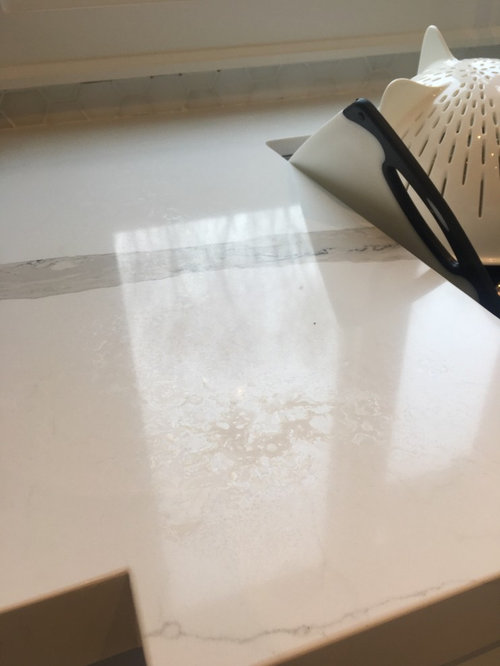
How do I remove hard water stains from quartz countertops without damaging them?
To remove hard water stains, use a mixture of mild dish soap and warm water for regular cleaning. For tougher stains, apply a vinegar and water solution or a baking soda paste. Spray the solution or apply the paste, let it sit for a few minutes, and gently scrub with a soft cloth. Rinse thoroughly and dry the surface.
Can vinegar damage quartz countertops?
While vinegar is effective in removing hard water stains, prolonged exposure can dull the finish of quartz countertops. Use a diluted solution of equal parts white vinegar and water, apply it sparingly, and rinse thoroughly to prevent damage. Avoid leaving vinegar on the surface for extended periods.
Are there commercial cleaners safe for quartz countertops?
Yes, there are commercial cleaners specifically formulated for quartz countertops. These cleaners are designed to be safe and effective at removing stains without damaging the surface. Always follow the manufacturer’s instructions and test the cleaner in an inconspicuous area before full application.
What should I avoid when cleaning quartz countertops?
Avoid using abrasive cleaners, steel wool, or harsh chemicals, as these can scratch and damage the quartz surface. Stick to mild, pH-balanced cleaners, soft cloths, and sponges. Additionally, do not use excessive force when scrubbing to prevent scratches.
How can I prevent hard water stains on quartz countertops?
To prevent hard water stains, wipe up spills immediately and dry the surface after cleaning. Use a squeegee or microfiber cloth to remove excess water. Consider installing a water softener or filtration system to reduce mineral content in the water. Use trivets or mats under appliances and toiletries to catch drips and prevent mineral buildup.
How to clean hard water stains from sink area

How to Remove Hard Water Stains from a Quartz Countertop
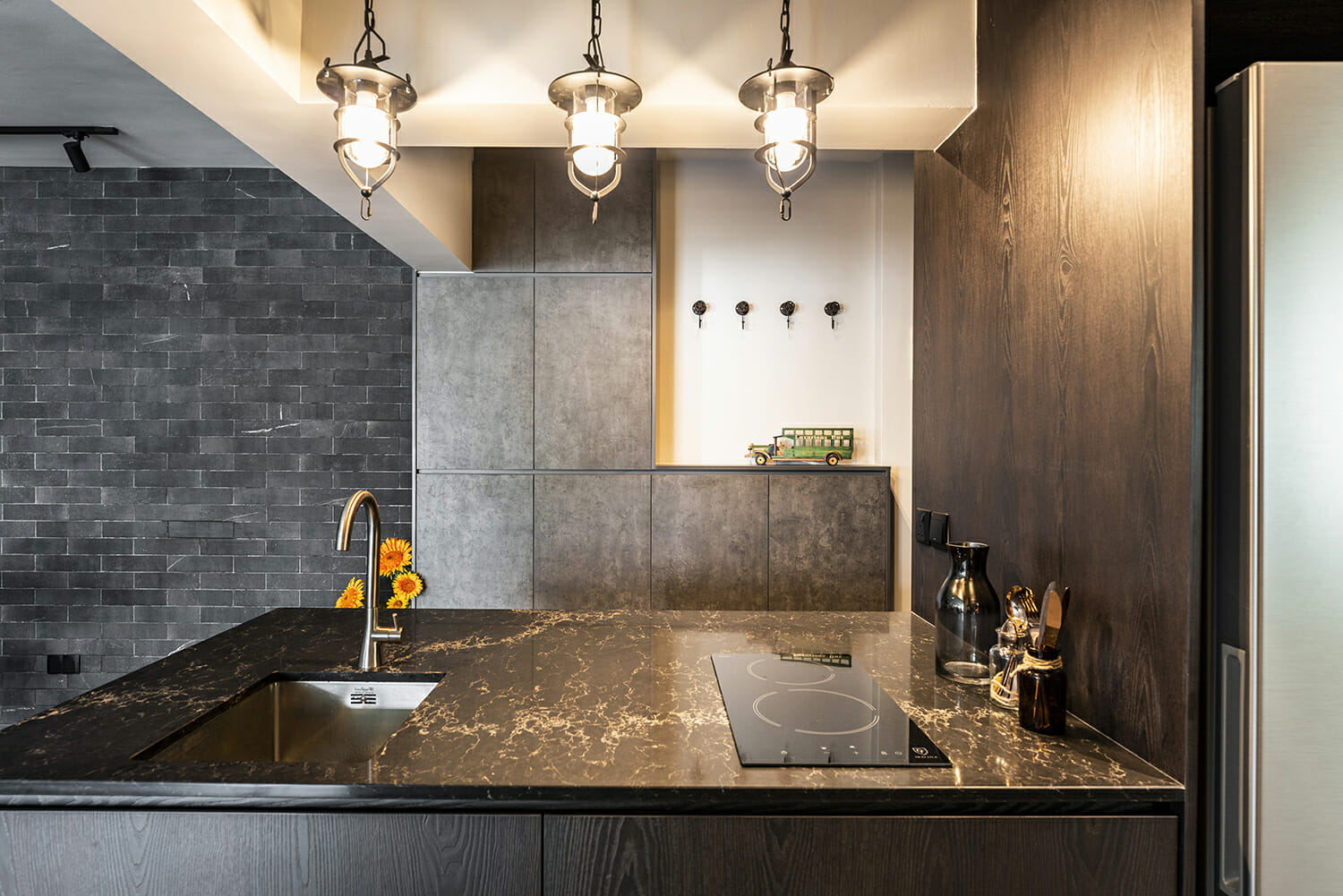
How Do I Get This Stain Off My Quartz Countertop?
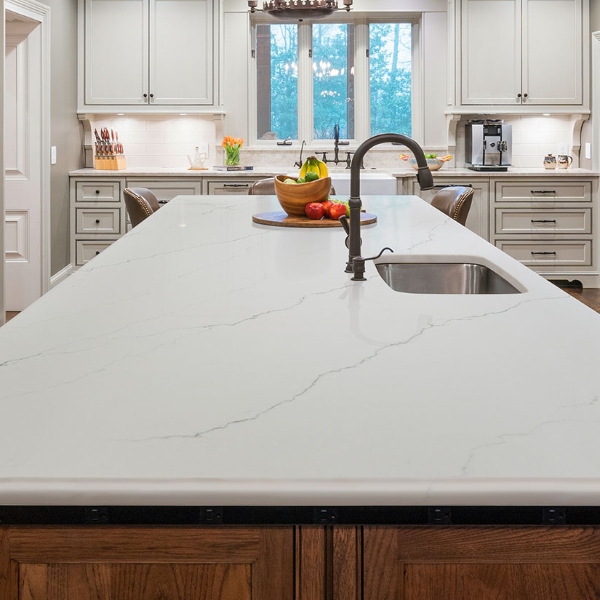
How To Clean Quartz Countertops And Make Them Shine
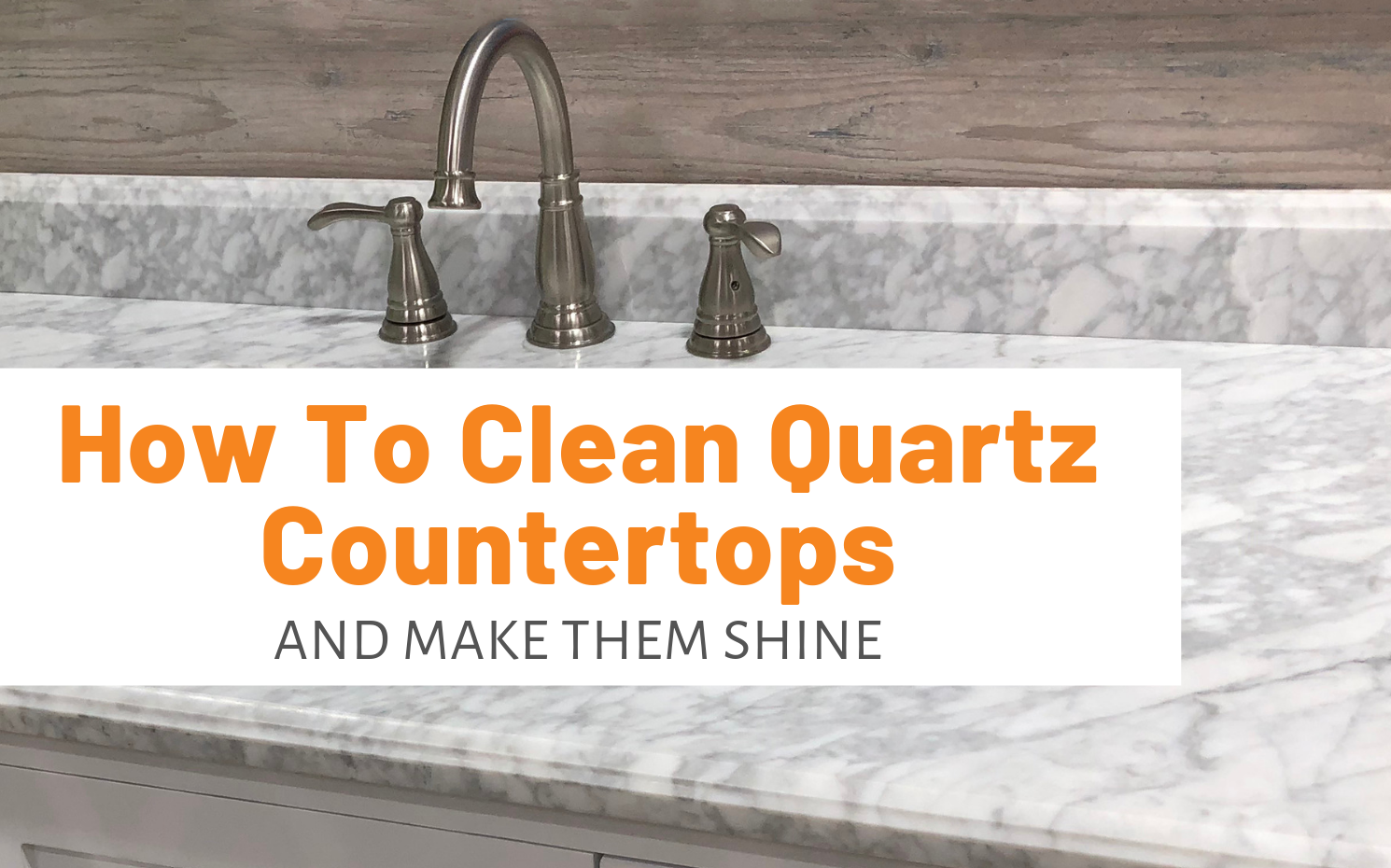
How Do You Clean Quartz Countertops?
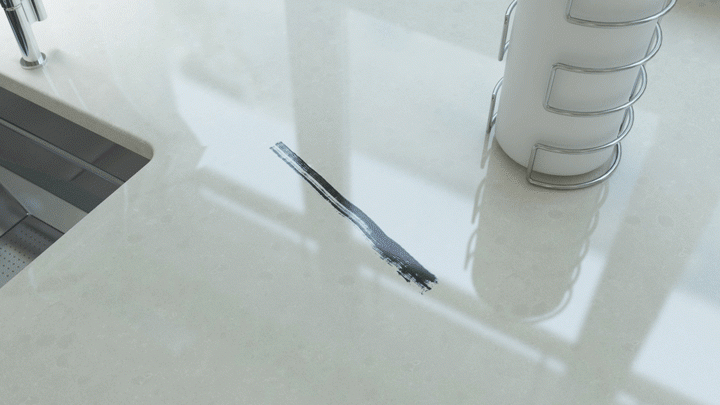
Related articles: